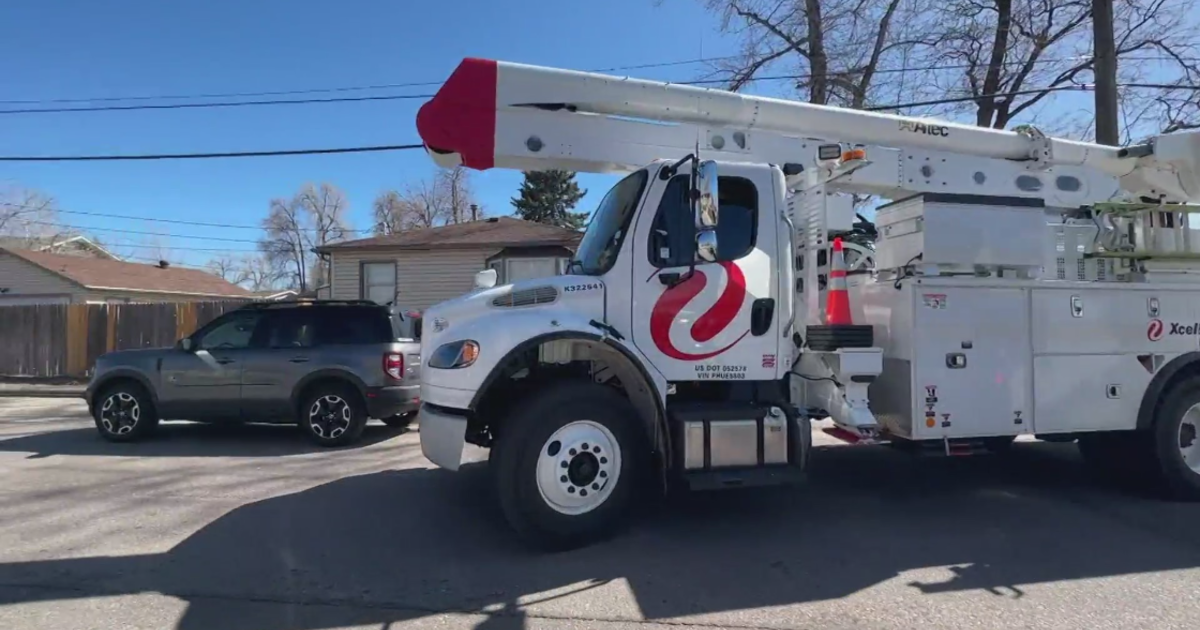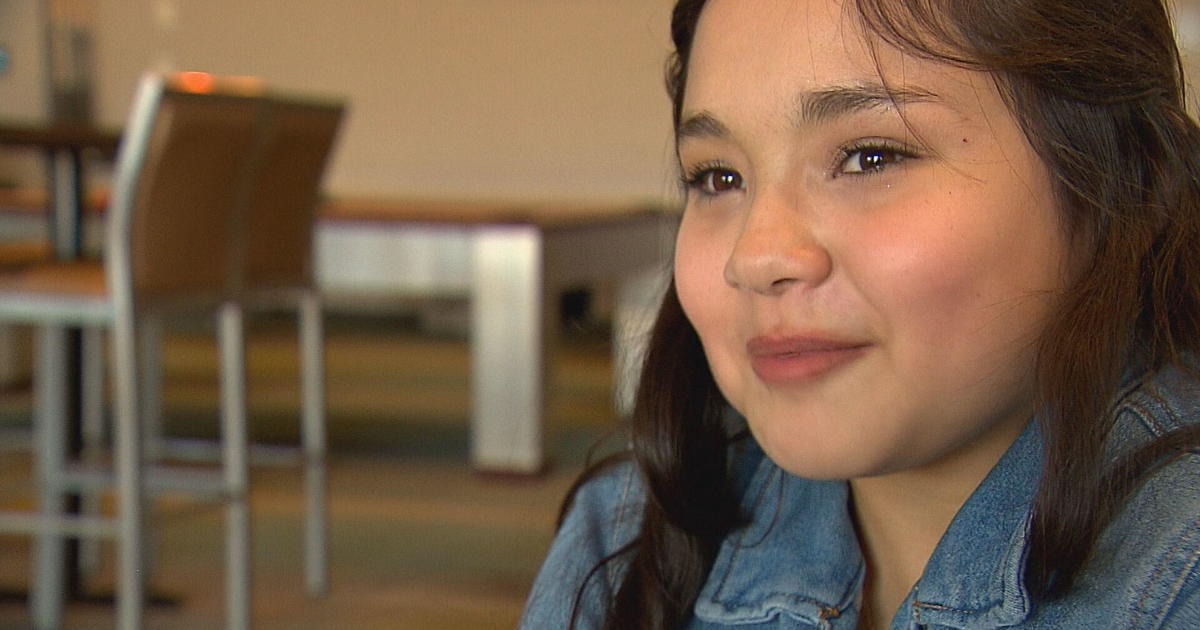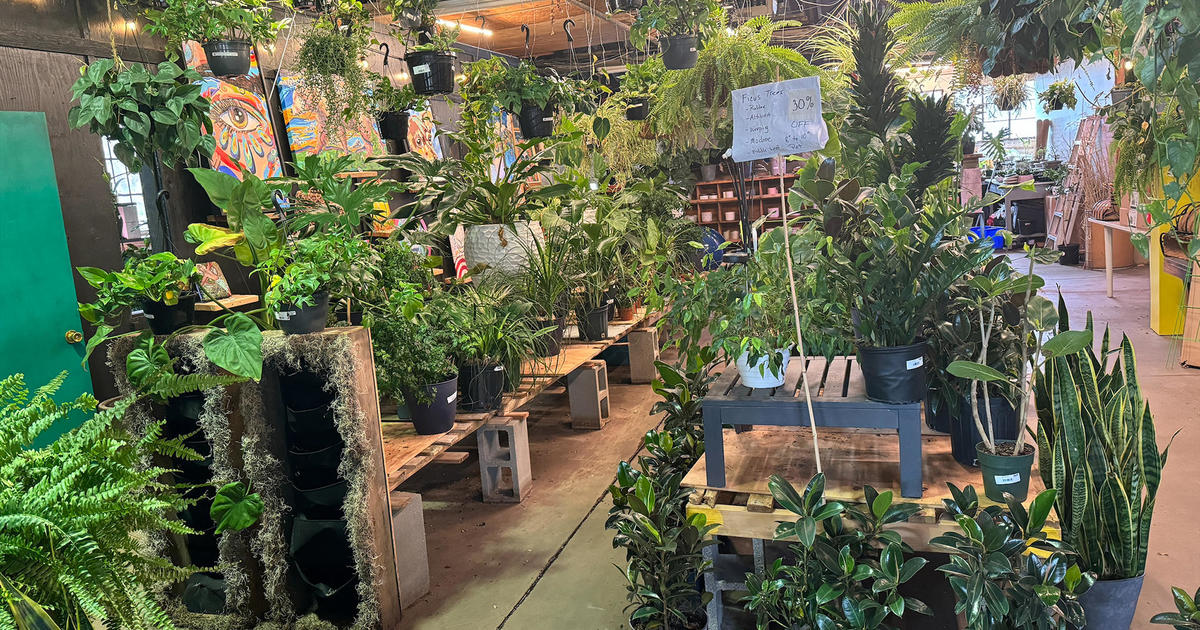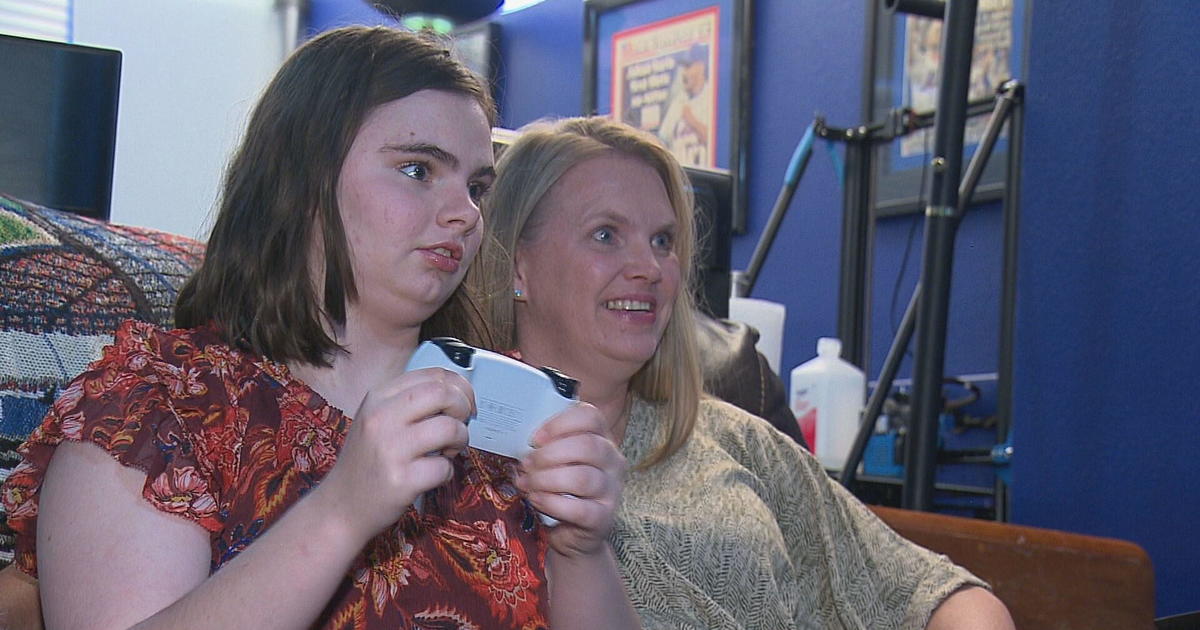Air Force Researchers Work To Harness Energy
COLORADO SPRINGS, Colo. (AP) - Researchers at the Air Force Academy say they've made a breakthrough in their attempts to generate electricity using the power of the ocean.
Using a device that looks like a river boat paddle wheel, civilian researcher Stefan Siegel said he can extract 95 percent of the potential energy from an ocean wave. The ability to use a wave to spin the wheel means the academy is closer to tying the wave to a generator that could deliver electricity.
Siegel has been working for several years on the project with cadets joining in the research.
But while the team had come up with computer models, it needed scale model tests completed late last year to gain credibility.
"We had simulation results but no one believed simulation results," Siegel said.
That's because the system seems just too good to be true. Using technology normally seen in aircraft wings, the wheels are electronically controlled to get the most out of a wave.
But the idea drew interest from the federal Energy Department. In theory, a device that turns the churning of the ocean into electricity could light the nation's populous coastal cities. As oil prices skyrocket, the ocean system is as green as it gets.
And the planet will never run out of ocean waves.
"I think it is really exciting," said senior cadet Caitlin Miller, who is helping test the concept. "Renewable energy is the way of the future."
While the Air Force Academy isn't a traditional research university, it has built a research arm where cadets like Miller help in advanced projects for credit. Academy officials say the program has made the academy a top research school for undergraduates.
Using Energy Department grant money, Siegel and cadets built a tiny version of the machine and tested it in a tank that simulated ocean conditions in miniature.
It worked just like the computer simulations.
But there's a long way to go before the technology starts powering homes.
"You need to be efficient, and you need to construct something that can survive in the open ocean," Siegel said, referring to other devices designed to harvest electricity from waves. "Nothing has survived for more than half a year in the open ocean."
The academy hopes to keep developing the system, with tests that will try several of the paddle wheels in tandem. If the system keeps working as predicted, full scale tests will come in future years. Siegel said an exact timeline for those future tests is hard to predict.
The academy's aeronautics research center director, Tom McLaughlin, a civilian, said just getting the technology this far shows that that the academy is becoming a hotspot for innovation.
"This is a path we have been on for many years," McLaughlin said. "Now we can make those sorts of impacts. You can't just do it overnight."
- By Tom Roeder, The Gazette
(Copyright 2011 by The Associated Press. All Rights Reserved.)



